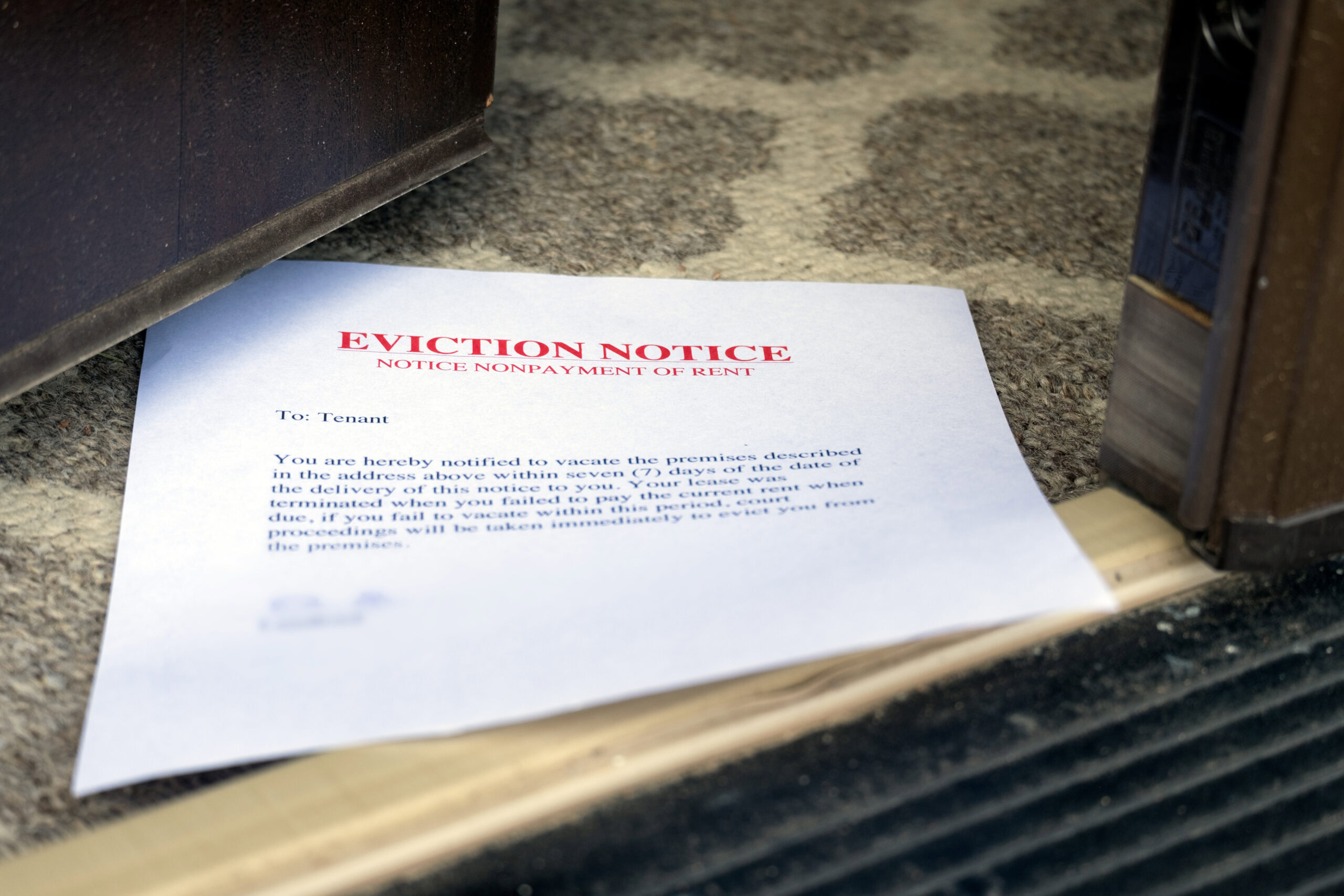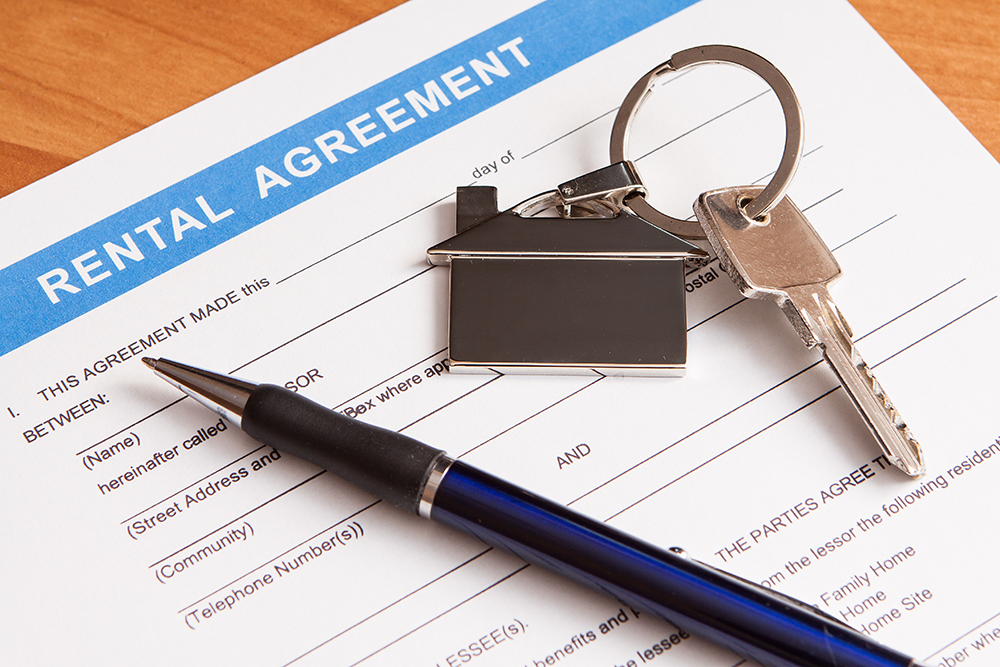According to research from the Deposit Protection Service (DPS), tenants are staying in rental homes for longer. The average tenancy now lasts just over two and a half years, compared to under two years in 2020.
With that in mind, updates to tenancy agreements are to be expected as tenants’ needs change over time. Taking a tenant’s request into account can encourage them to stay even longer, providing landlords with greater financial stability.
Here, we look at some of the most common reasons for tenancy changes, what you can do to carry out those amendments, and what you can charge if you’re working on behalf of a landlord.
Can tenancy agreements be changed?
Yes. Tenancy agreements can be changed to accommodate tenant and landlord needs. However, both parties must agree to the changes before they can be implemented.
Any changes should also be put in writing. Technically, any written evidence is enough (for example, email), but if you want a clear record of events, you can set amendments out in several different ways:
- Drawing up a new tenancy agreement.
- Adding an addendum to the current tenancy agreement.
- Arranging a variation of a tenancy agreement which records the changes and replaces the original contract.
Your agency may have a preferred method of recording amendments, but an addendum or variation of the tenancy agreement means you have a clear trail of the changes made.
Any new paperwork should be kept alongside any other official landlord documents needed for each property.
Even if landlords agree to changes verbally, keeping a written record is in everyone’s interest.
Why would a tenancy agreement need to be changed?
As the average length of a tenancy increases, tenants needs are likely to change, and typical reasons include:
Pets
Currently, tenants must ask their landlord’s permission to keep a pet. If the landlord agrees, it’s well worth stipulating any conditions in writing – for example, that tenants should take out pet damage insurance.
To avoid any other misunderstanding, you may also want to make it clear that tenants are responsible for damage caused by their pets.
If landlords are concerned about pet damage, they could consider including pet damage within their landlord insurance to cover costs. Be aware that most policies cover unexpected losses only rather than wear and tear caused by repetitive behaviour. For example, insurance might offer compensation if a dog accidentally pulls down a curtain pole but not if a carpet is damaged because of repetitive clawing or chewing.
Joint tenancy changes and sub-letting
The longer the tenancy, the more likely it is that you’ll need to update named tenants. This could be for any number of reasons, whether you’re renting by room or if a couple splits or a partner moves in.
Similarly, a tenant may decide to travel or take extended leave and (with the landlord’s agreement) sublet the property.
If a new tenant is being added, remember to carry out any relevant checks, such as right-to-rent and affordability.
Running a business from the property
Most tenancy agreements prohibit using the property for business, so any changes in this condition must be updated.
You should also ensure landlords are clear about the nature of the business and whether any equipment or stock will be stored at the property, as this could impact their landlord insurance.
Changes in tenancy arrangements
Any changes to the nature of the contract, such as contract start and end dates, rental payment dates, or methods of payment, should be recorded.
Amendments can also outline responsibilities if they aren’t specified elsewhere in the tenancy agreement. This could include who’s responsible for maintaining any electrical items provided (like a dishwasher or washing machine) or outdoor space.
Who can change a tenancy agreement?
Tenants and landlords can ask for changes to a tenancy agreement. Crucially, though, they must both agree before any changes are implemented.
Can landlords refuse changes to tenancy agreements?
Yes. Landlords or tenants can refuse to agree to a change. That said, it’s worth encouraging tenants and landlords to consider any reasonable requests made by the other party, particularly if it can help maintain a good relationship.
If tenants make a request, being flexible and allowing the change could also mean they stay long-term, securing your landlord’s rental income.
Can tenants be charged for changes to tenancy agreements?
Yes. Tenants can be charged for changes they’ve requested, but the amount they’re asked to pay must be ‘reasonable’ under the rules of the Tenant Fees Act 2019.
The expectation is that amending a tenancy agreement shouldn’t cost more than £50. Anything more than this should be itemised along with evidence.
Landlords can be heavily fined or face prosecution if they ask tenants to cover costs not outlined in the Tenant Fees Act.
Support for landlords
If a tenancy agreement is changed, it’s worth reminding landlords inform their insurance provider, as some changes might not be covered under their policy terms.
If you find landlords are reluctant to accept changes tenants request, landlord and rent guarantee insurance can help reassure them. To find out more, contact us on 01603 649727.
Information provided in this article was correct at the time of publication. This article is intended as a guide only. Please note that legislation does change, it is always best to check the most up to date guidance on gov.uk.






























































